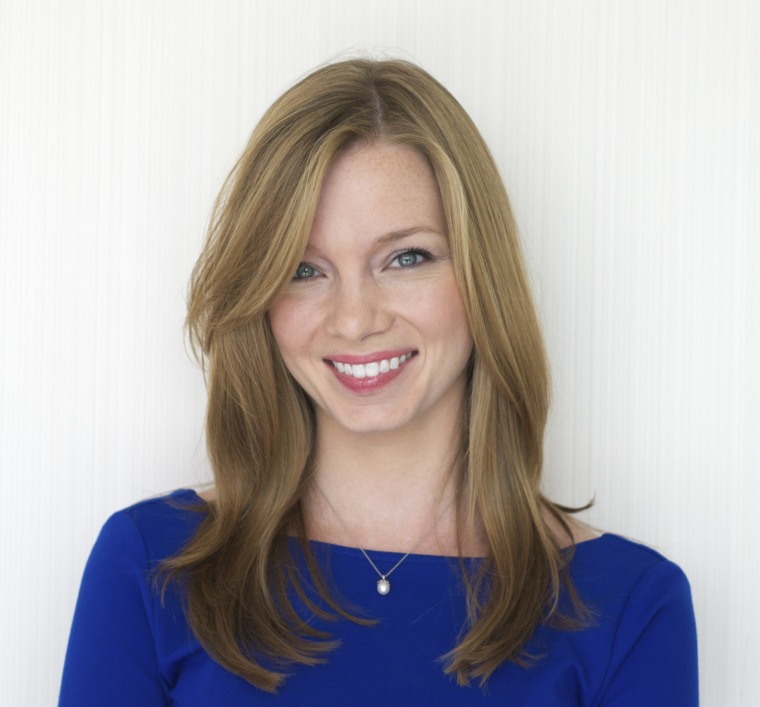In the 2012 presidential election, Twitter was the gold standard for being digitally savvy, playing a huge role in how the public -- particularly millennials -- viewed the candidates. The social media platform set the tone for debates, speeches and the party conventions. At the time, the 2012 election cycle broke Twitter records: with Election Day being the most tweeted event in U.S. history.
But just a few years, and countless social apps and websites, later, there's more to being on the digital upswing than crafting a 140-character tweet -- and declared and potential 2016 candidates will need to broaden their range if they want to make a splash in this election.
These eight women leading the digital-meets-political landscape are advising candidates on how they can maximize their outreach on digital, whether it be on platforms like Facebook, Snapchat and YikYak - or through fundraising and building networks.

msnbc: Tell us about your work at Echelon Insights. How are you gearing up for 2016 and what role do you see yourself and Echelon playing?
"We are eager to help the Republican side of the aisle catch-up and surpass the data work that has been done on the left in recent years."'
KSA: Echelon is one of the first firms to merge the world of political polling, analytics, and digital intelligence all under the same roof. We view all three of these things - conducting surveys, building predictive models, looking at what people are saying online - as being valuable, complementary ways to understand what voters or customers are thinking. We are eager to help the Republican side of the aisle catch-up and surpass the data work that has been done on the left in recent years.
msnbc: What are some of the challenges of being a women in the political and tech worlds, both of which are typically male-dominated?
KSA: I view it as being an opportunity more so than a challenge. I bring a unique perspective into meetings and such, and feel that perspective is increasingly valued.
msnbc: In your opinion, what are some of the key digital and tech trends that candidates should be aware of going into the 2016 election cycle?
KSA: I think campaigns need to increasingly view digital and social media as a two-way street. Social isn't just a platform for pushing a message, it is also a way to listen to what your supporters or voters are saying back. For instance, a week or two ago, Marco Rubio' team "live-tweeted" nearly every line of a major foreign policy speech he gave. They can see which lines get the most engagement and from which audiences, and if they're smart - as I suspect they are! - they can use that feedback in part to inform how they write future speeches or to shape more of their digital content.
msnbc: Your work involves advising political clients on using analytics and data in their campaigns. Data was a big tech story coming out of 2012; what role do you see data and analytics playing in 2016?
KSA: We've now seen both sides of the aisle experience polling shocks and unexpected misses. I think more and more campaign pollsters will begin working with analytics teams to get smarter about who they poll and how they process their results. (This is why Echelon does both of those things in the same firm!)
msnbc: How do you keep current on the latest digital and tech trends to advise your clients?
KSA: I'm horribly addicted to Twitter. I try to follow a lot of those who are on the cutting edge of corporate digital and marketing practices, because there are often great lessons there for campaigns and political groups.
Check out the rest of the featured women here!